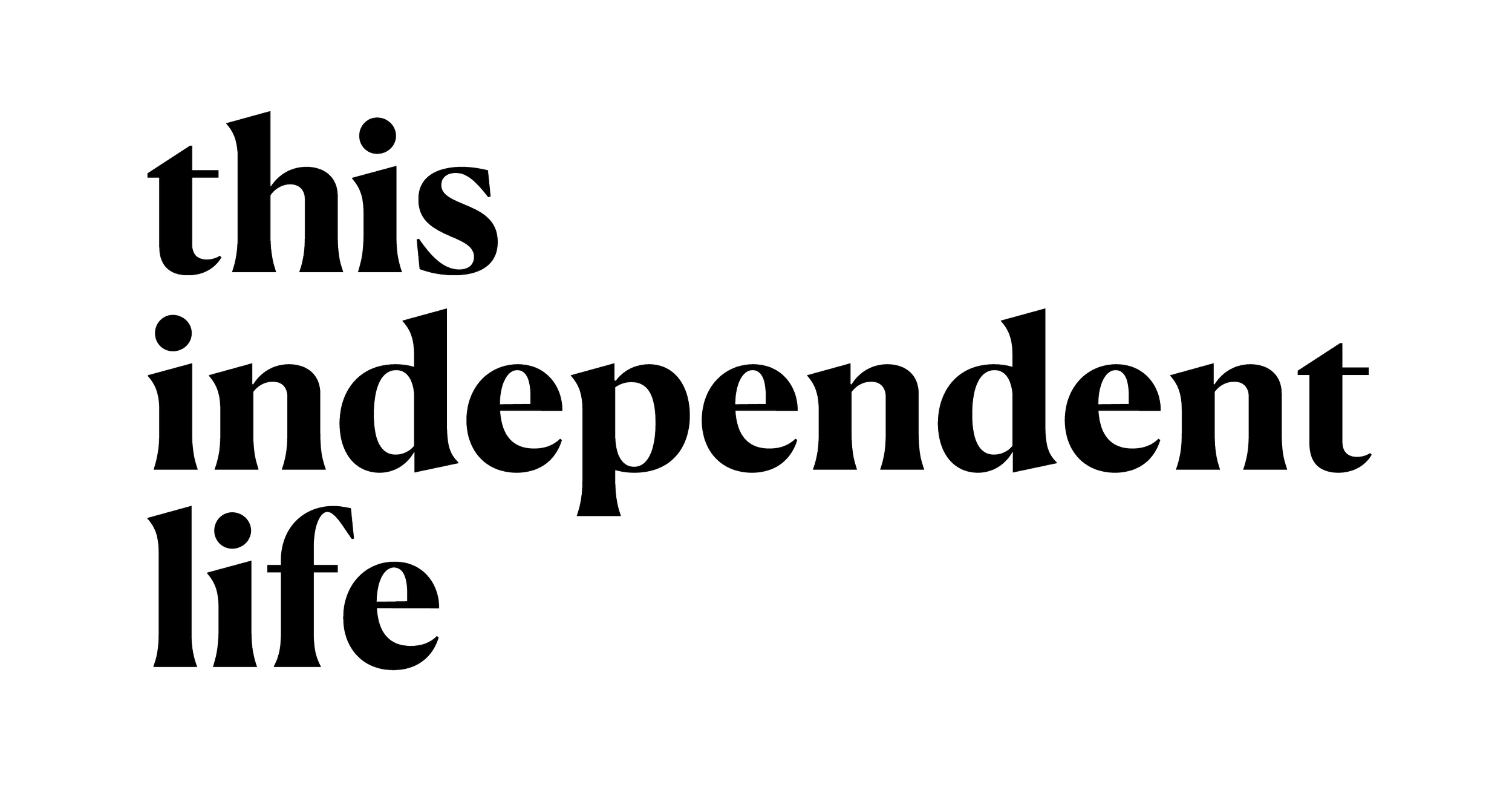

Founder of This Independent Life | women’s health education & events | workplace wellbeing | speaker | corporate trainer | event & podcast host | research & start-up advisor | investor | endometriosis advocate
About
Rebekah Lloyd
Founder
This Independent Life
Experience
Rebekah Lloyd is a speaker, event and podcast host, women’s health advocate, and founder of This Independent Life (TIL). After experiencing a breakdown and burnout, a 10 year delayed endometriosis diagnosis, and career and financial challenges, she discovered she wasn’t alone and created TIL. Now, she delivers empowering education and events for workplaces and the women’s health community to help people navigate and overcome women’s health related issues whilst flourishing in their career.
A Biomedical Science graduate, she is an experienced creative leader and facilitator across the healthcare space having worked in research, the NHS, pharmaceuticals, communications and consultancy, and having lead, launched and grown international multi-million dollar accounts, brands and teams. Her clients now include global thought leading organisations such as UNiDAYS, Whistles, Schroders, University of Cambridge and Imperial College London, and she leads and advises on a number of women’s health advocacy and education, investment and funding, and research and start-up innovation initiatives. She is dedicated to using business as a force for good through her “corporates supporting community” approach and she helps organisations to support, retain and grow women leaders in the workplace whilst contributing towards women’s health community events.
Get in touch or refer us to your HR/people/culture/employee/DEI/wellbeing lead for a discovery chat to explore how TIL can help support, retain and grow women employees and leaders in the workplace through women’s health education and events, or if you want to support our community work through collaborations, partnerships and sponsorships.
– Website: https://www.thisindependentlife.co/
– LinkedIn: https://www.linkedin.com/in/rebekah-lloyd/
– Instagram: https://www.instagram.com/thisindependentlife/
– Podcast: https://podcasters.spotify.com/pod/show/thisindependentlife
– Email: [email protected]
– Endometriosis & Women’s Health WhatsApp support group: message phone number to be added
Contact
Base price ({{ repeatDayCount }} {{ config.calendar.range_mode === 'nights' ? "nights" : "days" }})
{{ priceFormat( pricing.base_price ) }}
{{ addition.label }} ({{ repeatDayCount }} {{ config.calendar.range_mode === 'nights' ? "nights" : "days" }})
{{ priceFormat( addition.price ) }}
{{ addition.label }}
{{ priceFormat( addition.price ) }}
Total
{{ priceFormat( pricing.total ) }}
News
Ratings
Excellent0%
Very good0%
Good0%
Fair0%
Poor0%
Reviews
Search Markets Careers
We firmly believe that the internet should be available and accessible to anyone, and are committed to providing a website that is accessible to the widest possible audience, regardless of circumstance and ability.
To fulfill this, we aim to adhere as strictly as possible to the World Wide Web Consortium’s (W3C) Web Content Accessibility Guidelines 2.1 (WCAG 2.1) at the AA level. These guidelines explain how to make web content accessible to people with a wide array of disabilities. Complying with those guidelines helps us ensure that the website is accessible to all people: blind people, people with motor impairments, visual impairment, cognitive disabilities, and more.
This website utilises various technologies that are meant to make it as accessible as possible at all times. We utilise an accessibility interface that allows persons with specific disabilities to adjust the website’s UI (user interface) and design it to their personal needs.
Additionally, the website utilises an AI-based application that runs in the background and optimises its accessibility level constantly. This application remediates the website’s HTML, adapts Its functionality and behavior for screen-readers used by the blind users, and for keyboard functions used by individuals with motor impairments.
If you’ve found a malfunction or have ideas for improvement, we’ll be happy to hear from you. You can reach out to the website’s operators by using the following email [email protected]
Our website implements the ARIA attributes (Accessible Rich Internet Applications) technique, alongside various different behavioral changes, to ensure blind users visiting with screen-readers are able to read, comprehend, and enjoy the website’s functions. As soon as a user with a screen-reader enters your site, they immediately receive a prompt to enter the Screen-Reader Profile so they can browse and operate your site effectively. Here’s how our website covers some of the most important screen-reader requirements, alongside console screenshots of code examples:
Screen-reader optimisation: we run a background process that learns the website’s components from top to bottom, to ensure ongoing compliance even when updating the website. In this process, we provide screen-readers with meaningful data using the ARIA set of attributes. For example, we provide accurate form labels; descriptions for actionable icons (social media icons, search icons, cart icons, etc.); validation guidance for form inputs; element roles such as buttons, menus, modal dialogues (popups), and others. Additionally, the background process scans all of the website’s images and provides an accurate and meaningful image-object-recognition-based description as an ALT (alternate text) tag for images that are not described. It will also extract texts that are embedded within the image, using an OCR (optical character recognition) technology. To turn on screen-reader adjustments at any time, users need only to press the Alt+1 keyboard combination. Screen-reader users also get automatic announcements to turn the Screen-reader mode on as soon as they enter the website.
These adjustments are compatible with all popular screen readers, including JAWS and NVDA.
Keyboard navigation optimisation: The background process also adjusts the website’s HTML, and adds various behaviors using JavaScript code to make the website operable by the keyboard. This includes the ability to navigate the website using the Tab and Shift+Tab keys, operate dropdowns with the arrow keys, close them with Esc, trigger buttons and links using the Enter key, navigate between radio and checkbox elements using the arrow keys, and fill them in with the Spacebar or Enter key.Additionally, keyboard users will find quick-navigation and content-skip menus, available at any time by clicking Alt+1, or as the first elements of the site while navigating with the keyboard. The background process also handles triggered popups by moving the keyboard focus towards them as soon as they appear, and not allow the focus drift outside of it.
Users can also use shortcuts such as “M” (menus), “H” (headings), “F” (forms), “B” (buttons), and “G” (graphics) to jump to specific elements.
We aim to support the widest array of browsers and assistive technologies as possible, so our users can choose the best fitting tools for them, with as few limitations as possible. Therefore, we have worked very hard to be able to support all major systems that comprise over 95% of the user market share including Google Chrome, Mozilla Firefox, Apple Safari, Opera and Microsoft Edge, JAWS and NVDA (screen readers), both for Windows and for MAC users.
Despite our very best efforts to allow anybody to adjust the website to their needs, there may still be pages or sections that are not fully accessible, are in the process of becoming accessible, or are lacking an adequate technological solution to make them accessible. Still, we are continually improving our accessibility, adding, updating and improving its options and features, and developing and adopting new technologies. All this is meant to reach the optimal level of accessibility, following technological advancements. For any assistance, please reach out to [email protected]